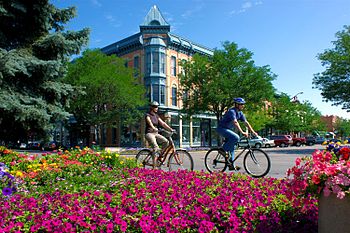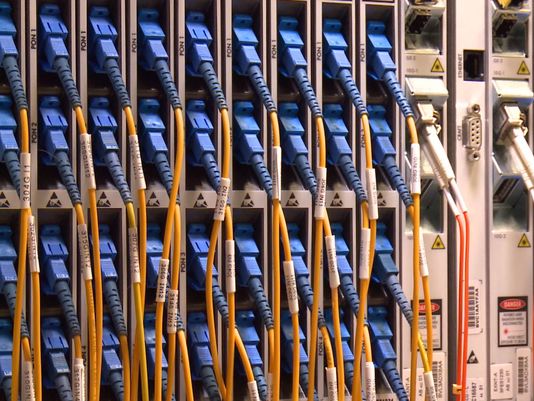Google (NASDAQ:GOOG) Fiber Project may not be an easy task to carry out. Records reveal why.
Google Inc (NASDAQ:GOOG) said three months ago that it would be making an early deployment of its Google Fiber, an ultra-speed Internet service, in Raleigh and numerous other North Carolina municipalities. Recently, the tech giant put up quite an announcement with the governor and the mayor of Raleigh, regarding the company spreading out its fiber-optic cables throughout the developed city. This may seem easy to begin with, but it is certainly hard to implement both practically and legally.
Google Fiber is stated to provide speeds hundred times faster than any other basic broadband. Craig Settles, a telecommunications advisor, said: “We’re early enough into the game, where people are going to be paying a lot of attention,” adding, “People are still going to figure out, how are we going to do this? What will be the success factors in Raleigh?” Continue reading










